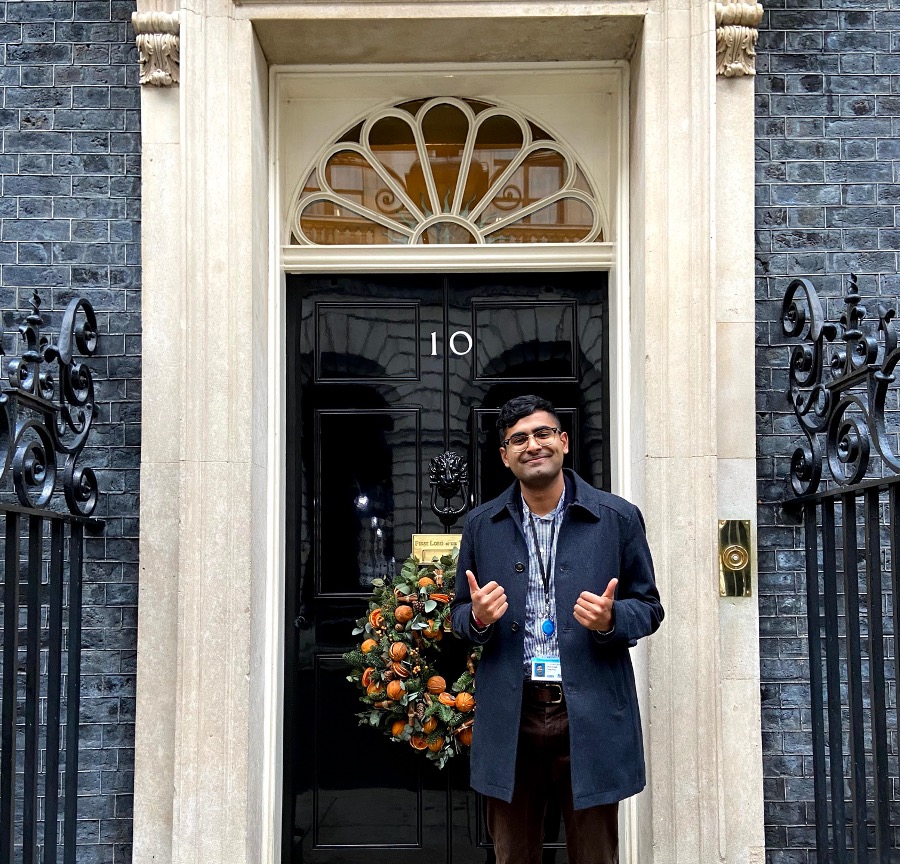I am fascinated by digital strategies. Setting a direction for an organisation is hard. Writing one is hard. But they are the backbone of what your teams are trying to do.
I’ve read a lot of books about digital strategy. The most recent one was why the strategy is delivery. There’s a lot of good lessons to learn from the founders of Government Digital Service (GDS). They did something remarkable. They brought 1000s of websites into one consolidated site - GOV.UK.
Reading the book made me think about the digital strategies I’ve read thus far. They are usually dull and lengthy prose. There’s got to be a better way? I’ve noticed some common themes.
The best strategies are:
- written in plain English. Short, sweet and straight to the point. No complex digital terminology. Your strategy should be accessible to all.
- inspire and excite you. Your vision and principles get people to want to work with you. They set the tone for your work.
- reflect on all the good work that’s happened before. This shit is hard. Celebrate success.
- realistic about what they don’t know. Technology moves at a rapid pace. Don’t spend a year writing the strategy.
- understand their users and the problem space. What’s the point of writing a strategy if you don’t know what problem you are trying to solve. You should be speaking to your users and co-designing with them.
- reviewed and iterated often. It’s ok to show an initial rough draft to senior professionals. Grammar and spelling does not need to be the focus. You want to know if you are heading in the right direction.
- recognise diversity as necessary for designing better services. Your teams should reflect the people you serve. Multi-disciplinary teams are key too. Surrounding a problem with different skill sets leads to better outcomes.
- have metrics. How do you know you are meeting your goals? How often do you look at this data? Do you adjust your goals based on the data?
- empower and respect their people. Give them the right tools to do the job. Let’s move away from archaic laptops that creak when you open two tabs on Google Chrome.
- recognise you can’t solve everything. What’s the most important issue for your organisation? How have you prioritised things? The founders at GDS focused on something simple to show that they could deliver. Focusing on the hard stuff first makes it tough to build confidence with others, especially if you get it wrong.
- be honest when you haven’t got things right. Learn lessons from why it hasn’t.
The worst strategies are:
- long and uninteresting. No one likes to read 20 pages.
- push for new technologies when the foundation is broken. What’s the point of building fancy AI if it takes your staff 15 minutes to log in. cough cough NHS. If your data landscape is messy, sort that out before you embark on a project.
- don’t show progress. I have no idea if the team has made any meaningful progress towards their goal. How often is this reviewed? How are they held accountable?
- don’t try to plan out too far ahead, things change too much. It’s why I love roadmaps that are reviewed often. Are there many people who could have predicted a pandemic?
In time, as I gain more experience in my digital journey, I’ll reevaluate my thoughts. For now, the above captures my current thinking.
Here’s some strategies that I like:
- Government Digital Strategy: December 2013
- Ministry of Justice Digital & Technology Strategy
- Department for Education Digital Strategy
- Royal Borough of Greenwich Digital Strategy 2020-24
I tend to gravitate more towards public institutions as I used to work in Government. What’s the best strategies you’ve seen? I’d love to hear from you.

